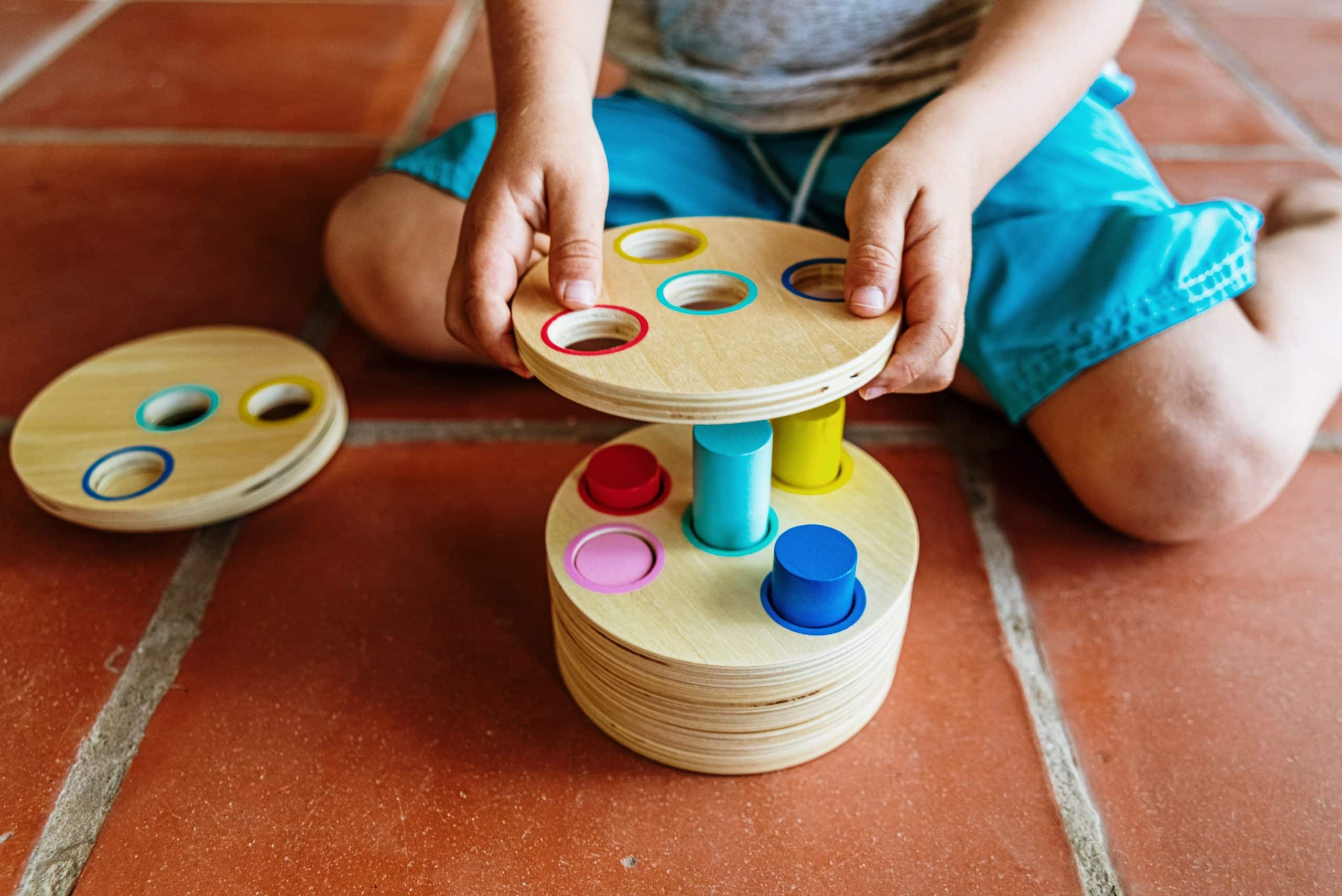There has been a significant shift in the way scholars and sports coaches approach the task of training juniors in soccer academies. The traditional methods, defined by the strict implementation of prescriptive drills and techniques, are slowly being replaced with a more inclusive and dynamic approach – the Non-linear Pedagogy. This method centers on the movement, learning, and development of players, using their individual skills and the constraints of the game to enhance their performance.
Embracing the Non-linear Approach
The non-linear pedagogy approach is grounded in the understanding that learning is not a linear process, but rather a complex interaction between the learner, the task at hand, and the environment. This method focuses on enabling the player to adapt their responses based on the evolving demands of the game, thereby encouraging a more organic development of skills.
A lire également : What’s the Best Method for Monitoring and Adjusting Workload in Professional Cyclists?
Non-linear pedagogy has been adopted across multiple sports disciplines, including soccer. With its emphasis on adaptability, decision-making, and creative problem-solving, this approach is particularly suited to the dynamic nature of soccer. So, how can it enhance skill acquisition in junior soccer academies? Let’s explore.
Developing Skills Through Constraints-Led Approach
The constraints-led approach is a fundamental part of non-linear pedagogy. It uses the constraints of the task, the learner, and the environment to guide the learning process. Here, the constraints are not seen as barriers but as opportunities to develop and hone skills.
En parallèle : How to Implement a Preventive Ankle Stability Program for Elite Gymnasts?
In the context of junior soccer academies, task constraints could include the rules of the game, the size of the pitch, or the number of players. Learner constraints could be the physical abilities, cognitive abilities, or even the emotional state of the players. Environmental constraints could include factors like the weather or the condition of the pitch.
By manipulating these constraints, coaches can create situations that challenge the players and require them to adapt, thereby promoting the development of their skills and their ability to make decisions in different game situations.
Enhancing Performance Through Game-Based Learning
One of the key elements of non-linear pedagogy is the use of game-based learning. This approach uses small-sided games as a means to develop skills and improve performance. These games mimic the actual match situations, providing the players with an opportunity to apply their skills in a context that is similar to what they will encounter in a real match.
Game-based learning allows the players to understand the game beyond just the technical skills. It helps them understand the strategic aspects of the game, encourages them to make quick decisions, and improves their situational awareness.
By integrating game-based learning into their training methodology, junior soccer academies can enhance the performance and skill development of their players.
Leveraging Technology for Skill Development
In this modern age, technology plays a crucial role in sports coaching and learning. Advanced tools like Google’s AI technology are being used to analyze player performance, study game patterns, and provide insights that can help improve skills and performance.
Junior soccer academies can use technology as a part of the non-linear pedagogy approach. For instance, video analysis tools can be used to review and analyze match situations, enabling the players to understand their mistakes, learn from them, and improve their performance. Digital game-based learning tools can be used to simulate match situations, helping the players to develop their skills in a controlled environment.
Measuring Progress Through Non-Traditional Assessment
Traditional methods of assessment often focus solely on the outcome – the score of the test or the result of the match. However, non-linear pedagogy suggests a more holistic approach to assessment. It focuses on the process as much as the outcome, acknowledging the complexity of skill acquisition and performance in sports.
Non-traditional assessment techniques like formative assessment, peer assessment, and self-assessment can provide a more comprehensive understanding of a player’s progress. These methods focus on the player’s understanding of the game, their decision-making ability, and their ability to adapt to different game situations.
By adopting a more inclusive and comprehensive approach to assessment, junior soccer academies can ensure that their players are developing not just the technical skills, but also the cognitive and strategic skills necessary to succeed in soccer.
Non-linear pedagogy, with its emphasis on adaptability, creativity, and problem-solving, can significantly enhance skill acquisition in junior soccer academies. By embracing this approach, these academies can foster a learning environment that not only develops skilled players but also nurtures creative thinkers and problem solvers.
Facilitating Player-Centric Learning with Non-Linear Pedagogy
One of the significant benefits of non-linear pedagogy is that it facilitates player-centric learning. Google Scholar studies on non-linear pedagogy emphasize this advantage, showing that learners, when given autonomy and decision-making responsibilities, can adapt to task constraints and evolve their gameplay.
Traditional linear pedagogy leaves little room for adaptability. In contrast, non-linear pedagogy recognizes that each player is unique and brings their strengths, weaknesses, and unique perspectives to the game. This approach acknowledges that the learners’ cognitive, emotional, and physical attributes can shape their learning journey.
For instance, learners with strong decision-making abilities could excel in strategic planning during gameplay, while those with exceptional physical abilities could shine in task execution. Non-linear pedagogy allows room for these individual strengths to be recognized, nurtured, and incorporated into the learning process.
Furthermore, non-linear pedagogy’s focus on adapting to environmental and task constraints can build resilience in players. For instance, a sudden change in weather or a surprise strategy from the opposition during a match can throw a player off balance. However, with training under non-linear pedagogy, players are better equipped to handle these surprises, adapt their strategies, and continue the game play effectively.
Incorporating non-linear pedagogy into junior soccer academies ensures that learners are not just passive receivers of information, but active participants in their learning journey, contributing to their skill acquisition and performance improvement.
Conclusion: Non-Linear Pedagogy – A Paradigm Shift in Junior Soccer Training
In conclusion, the shift towards non-linear pedagogy in junior soccer academies represents a significant departure from the traditional methods of soccer coaching. It brings about a more dynamic, inclusive, and adaptable method of teaching and learning that fosters skill acquisition and nurtures creative and strategic thinking.
This approach is backed by extensive research, with crossref Google and Sci doi sports sci studies highlighting the effectiveness of non-linear pedagogy in promoting skill acquisition and facilitating decision making in gameplay. The use of game-based learning, constraints-led approach, and technology-backed training methods, along with non-traditional methods of assessment, provides a holistic and comprehensive training framework.
Junior soccer academies implementing non-linear pedagogy can expect to see improvements in their players’ technical skills, decision-making abilities, and adaptability. Moreover, by focusing on the individual learner’s strengths and their ability to adapt to changing task constraints, these academies can nurture not just skilled soccer players, but well-rounded individuals capable of creative problem-solving and strategic thinking.
Non-linear pedagogy in junior soccer academies is not simply a teaching method; it’s a paradigm shift that champions the learner’s unique journey towards skill acquisition and performance enhancement. It’s an approach that prepares players not just for the game of soccer, but for the game of life.








